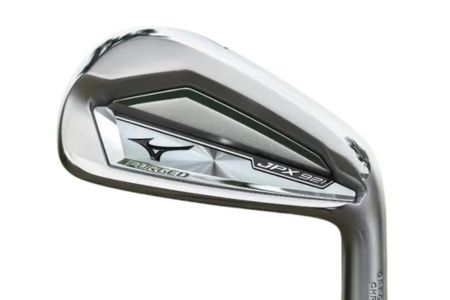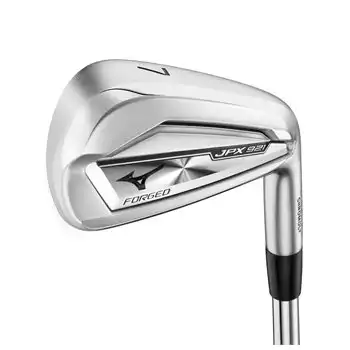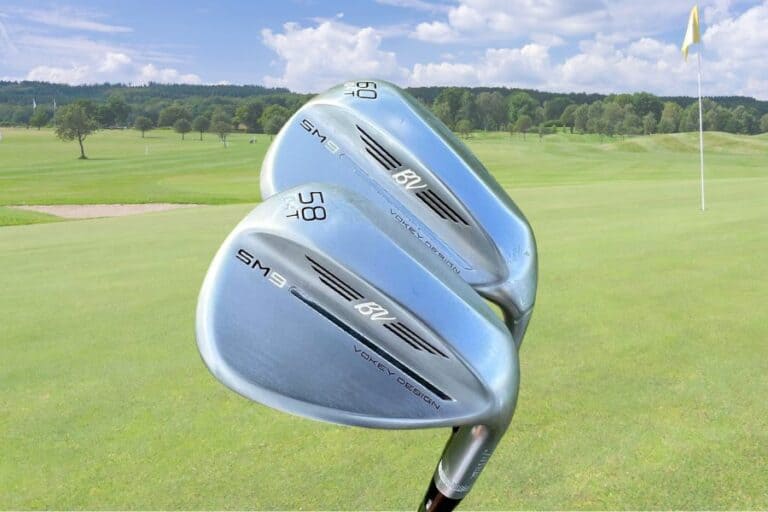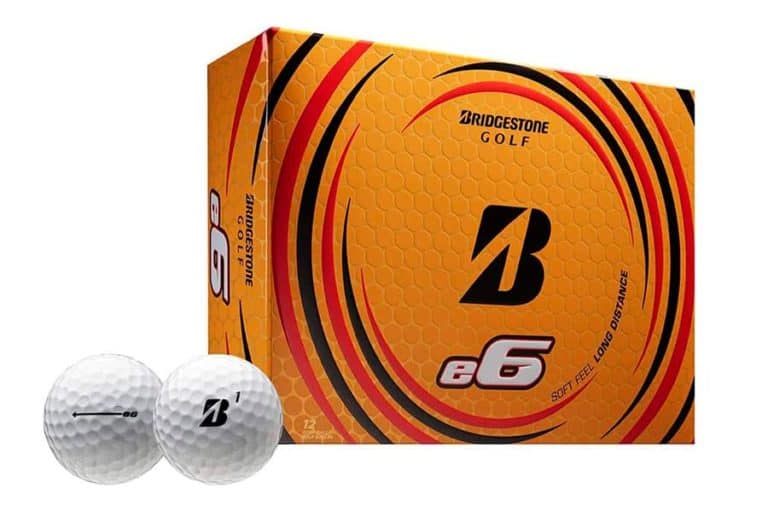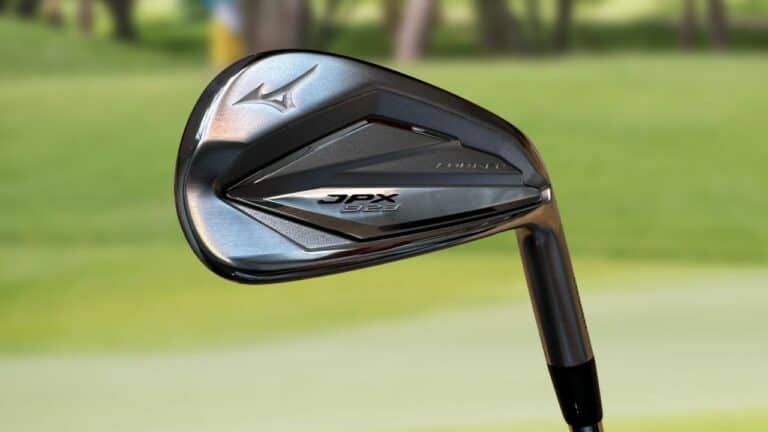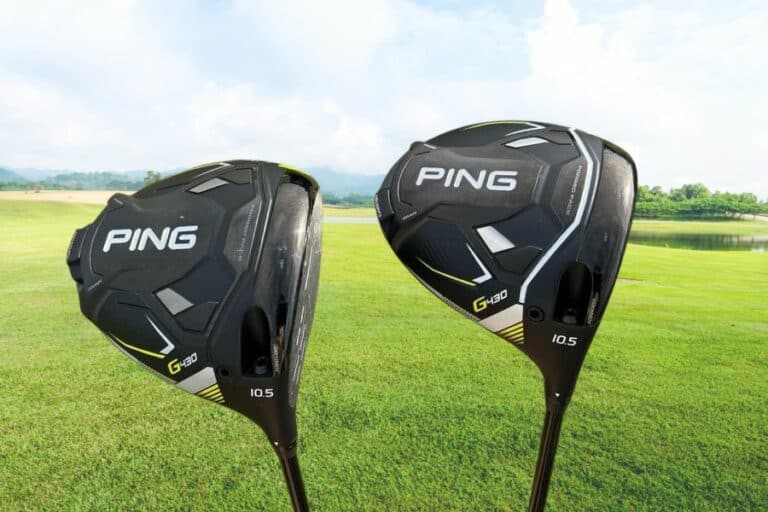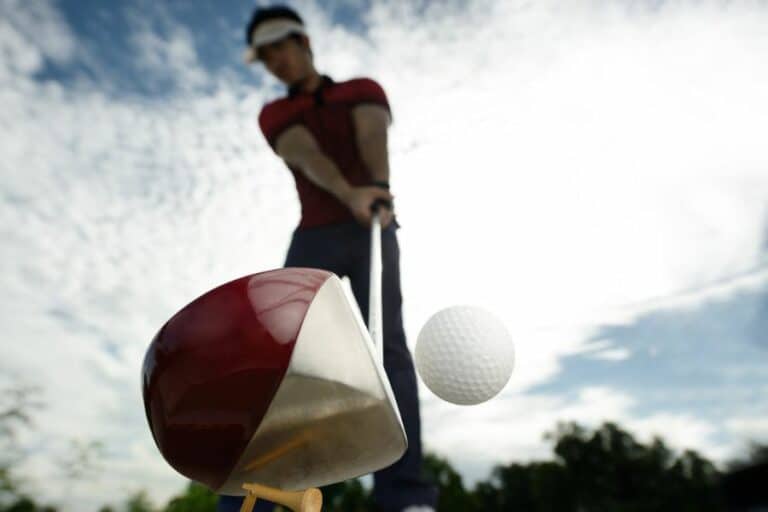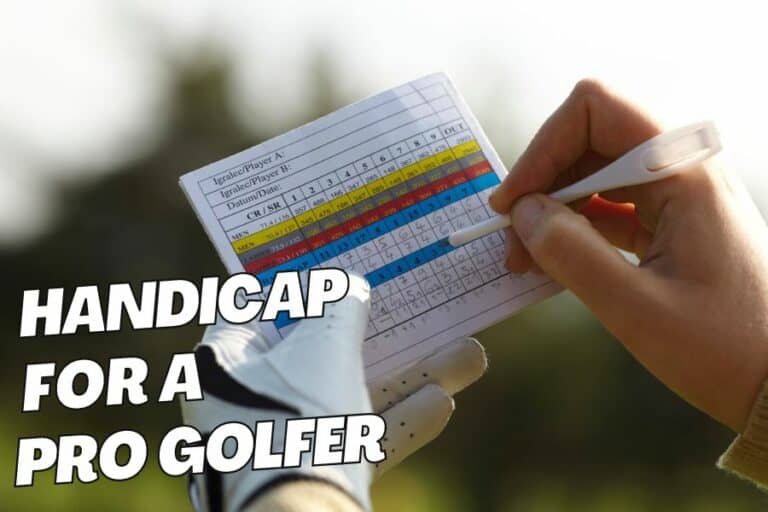Mizuno JPX 921 Forged Irons Review 2024
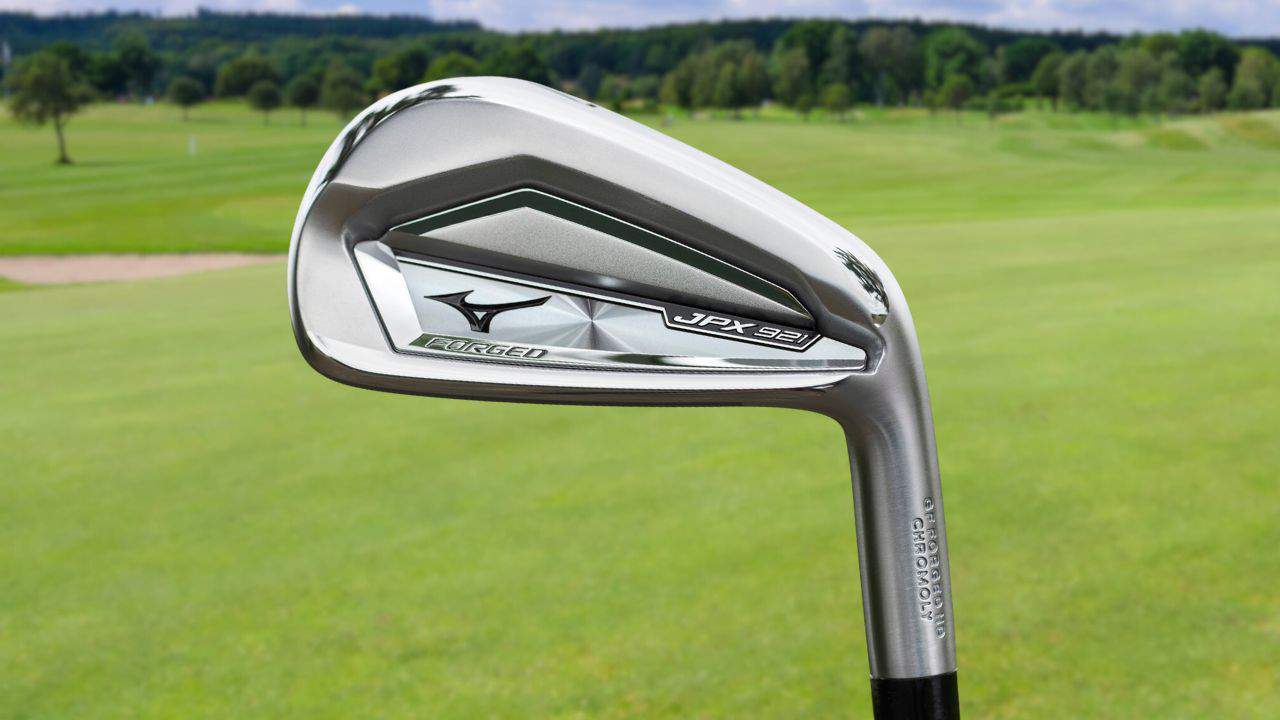
My First Impressions
The Mizuno JPX 921 Forged Iron’s profile throughout the set conveyed a refined feel, merging advanced technology with the classic forging process. The club incorporates additional weight towards the toe of the club that will help me reduce the negative effects of missed strikes.
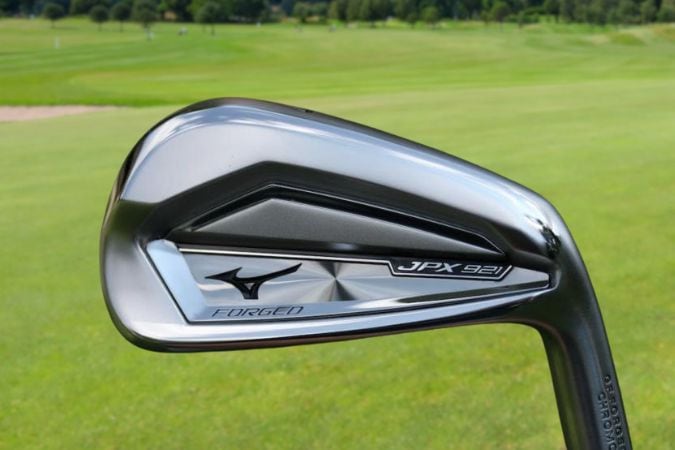
While they set high expectations with their tech enhancements. I anticipate a significantly forgiving iron due to the larger rebound area and stability features, especially benefiting from off-center hits.
Who is it for ?
- For Low to Mid-Handicappers.
- Players looking for consistent spin and trajectory control.
- Golfers seeking a mix of feel, forgiveness, and workability.
My Profile
- Average Score: 68
- Handicap: +4
- Hand Orientation: Right-Handed
- Golfing Experience: 10 years
Club I Used:
- Model Name: Mizuno JPX 921 Forged Irons
- Club Tested: 4-iron
- Loft Setting: 21°
- Shaft Type: Nippon Modus Steel 105
- Shaft Flex: Regular
My Test Conditions and Setup
Ball used: Callaway Chrome Soft X, TaylorMade TP5
Weather Conditions During Testing:
- Light winds ranging from 5-10 mph, temperatures around 65°F with a humidity level of approximately 70%.
- Mostly clear skies with the occasional cloud cover.
On Course Performance Review
I carried out an in-depth review of the Mizuno JPX 921 Forged Irons, testing them on golf courses and at a nearby practice range.
Shot Range:
- The range of shots played included long drives off the tee, mid-range approach shots from the fairway, short chips around the green, and recovery shots from challenging lies.
Performance Off the Tee:
- Distance: The 4-iron provided good distance off the tee, often reaching or even exceeding my normal driving distance.
- Trajectory: The trajectory was consistent and moderately high, making it easier to carry hazards and hit elevated greens.
- Accuracy: The accuracy was nice, with most shots landing within a close radius of the intended target line.
Iron Play from the Fairway:
- Playability: The Mizuno JPX 921 Forged Irons performed well from the fairway. The clubface provided a solid feel and feedback on contact, which gave me confidence during the shot.
- Control and Workability: The irons offered great control, allowing for both draw and fade shots when needed. Approach shots had a reliable and predictable flight, aiding in hitting the greens consistently.
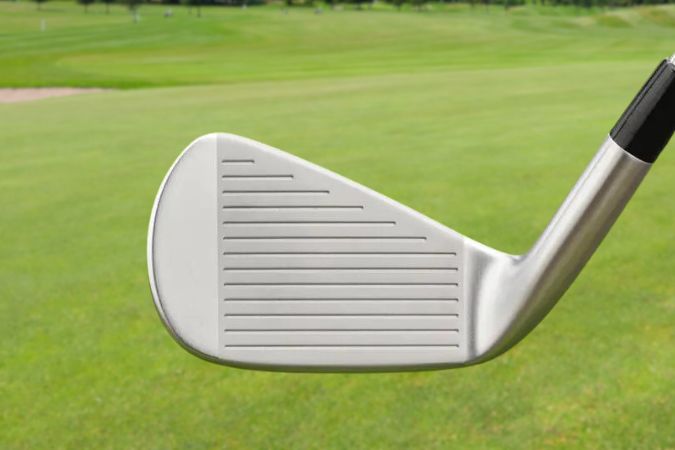
My Test Stats
During my recent session, I had the opportunity to thoroughly test the Mizuno JPX 921 Forged Irons with the Swing Caddie SC4 simulator. Here are the exact numbers from my test:
| Parameters | My Stats |
| Ball Speed | 126.5 mph |
| Clubhead Speed | 88.9 mph |
| Launch Angle | 17.1 degrees |
| Carry Distance | 184.5 yds |
| Total Distance | 195 yds |
The ball speed of 126.5 mph suggested that the energy from the clubhead was efficiently transferred to the ball.
The clubhead speed of 88.9 mph was quite good, and while there might be room for improvement, it is definitely in the higher range for beginner golfers.
This speed, in combination with the launch angle of 17.1 degrees, resulted in a very respectable carry distance of 184.5 yards, which was crucial for approaching greens on longer holes.
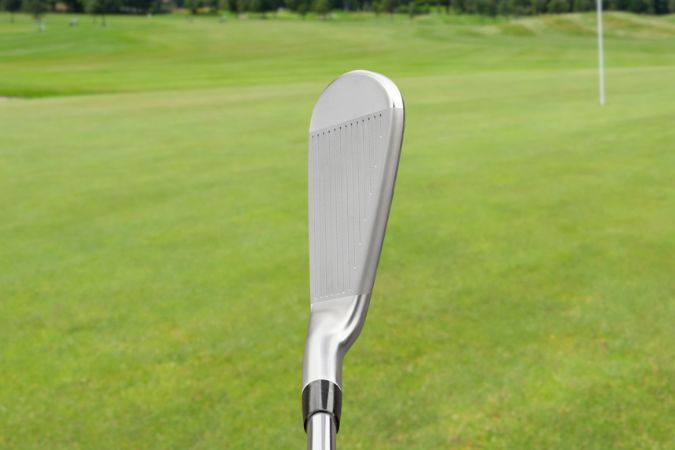
A total distance of 195 yards with a forged iron indicated that these irons are well-suited to players who are looking to achieve a combination of distance and accuracy.
What I liked about JPX 921
- Forgiveness: The Stability Frame and Harmonic Impact Technology provided a forgiveness that kept off-center hits on course for those less-than-perfect swing days.
- Playability: The irons performed well across various lies and allowed for an enhanced launch, often resulting in the ball covering a few more yards than expected.
- Looks: The sleek pearl brush finish and the subtle design changes were nice. The reduced offset, offered an aesthetically pleasing look that balanced a forgiving iron with a tour-level profile.
- Launch: The irons had a high launch angle, which I found particularly useful when attempting to clear obstacles or reach elevated greens. This high launch was also beneficial in terms of carrying distance.
- Shaft Performance: The Modus 105 gave me a smooth feel and the ability to deliver both speed and control. It offered a mid-launch profile, which, combined with the high-launch characteristics of the iron heads, ensured that the ball got up quickly without sacrificing distance.
What I didn’t like about JPX 921
- Distance: The irons delivered a decent amount of distance but not as good as other irons.
- Sound & Feel on Mishits: The reduced vibration felt nice but I did not receive immediate and clear response on strikes, that could have helped me understand and correct my mishits.
- Decreased Spin: The irons tended to produce slightly less spin than expected, especially for longer shots, which affected control.
Alternatives
After testing the Mizuno JPX 921 Forged Irons, I would suggest the Callaway Mavrik Max and Wilson D9 irons as great alternatives for golfers seeking different features in their clubs.
1. Callaway Mavrik Max Irons
Particularly well-suited for beginners to mid-handicappers, their oversized head and low center of gravity are beneficial for those who prioritize forgiveness in their game. The Mavrik Max iron caters to players desiring to maximize distance and achieve easier launch conditions.
2. Wilson D9 irons
In my hands, the D9s showcased their Power Hole Technology, designed to maximize face flex upon impact and resulting in distance gains. I’d recommend them to mid-handicappers who enjoy a sleek, player’s iron aesthetic with the benefits of innovative technology to help lower their scores.
My Take
The JPX 921 Forged irons with their craftsmanship and performance, provided a superior feel, increased stability and launch. Ideal for mid to low handicappers, these irons blend feel with performance, potentially revolutionizing their game.


